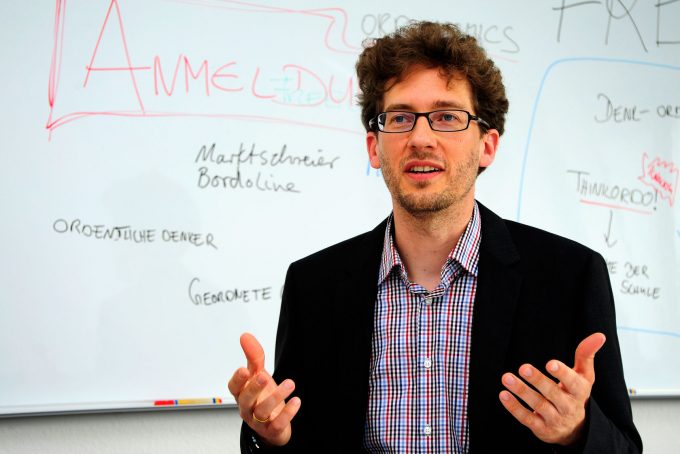
Shaping the EOSC – Leibniz Association Among the Early Movers
The European Science Cloud (EOSC) Declaration received a tremendous amount of positive feedback. One of the European Commission’s next challenges will be to keep alive the willingness to support and to address a critical mass of organisations. Among the first German research organisations committing to the EOSC principles and offering support in various fields is the Leibniz Association.
On October 26 the European Commission published the European Open Science Cloud (EOSC) Declaration. The EOSC Declaration marks another important milestone to implement the EOSC. More than 30 organisations representing several thousand researchers embrace the concept. Furthermore, most of them outlined their potential value added for the realisation of the EOSC.
The Leibniz Association’s commitment
As one of the first German research organisations, the Leibniz Association, representing a community of more than 9,500 researchers from various disciplines and including several information infrastructures, formulated its way forward in a position paper. It endorses the EOSC principles and outlines the potential input of the Leibniz Association in eight different fields of action from the EOSC Declaration. Spanning from data culture over data stewardship and the FAIR principles to the governance model.
The Leibniz Association emphasizes that the principles of FAIR Data at institutional, national, European and global level are of utmost importance thus the Leibniz Association has firmly embedded the FAIR principles in its research data initiative called Leibniz Network for Open Research Data (LEIBNIZ DATA)
Other important principles that are said to be essential to turn the EOSC into a success story are open access as the main form of publication as well as inclusive stakeholder participation in the implementation of the EOSC.
The Leibniz Association highlights that there is an increasing need for the development of new interoperable research data infrastructures and provision of further support in disciplines where there are no or little established research data management infrastructures.
The way forward: transforming commitments into action
The European Commission indeed received a tremendous amount of positive feedback and the willingness to support the Commission’s way is high. However, the devil is in the details. It will be of utmost importance to make sure that most of the organisations will have a chance to support the development of the EOSC. The strong support is evidently connected with high expectations. If the Commission will not be able to address a critical mass of organisations, the process might lose momentum. Furthermore, addressing the needs and interests of the Member States will be necessary to ensure a solid backbone for the implementation regarding political support and funding. Initiatives like GO FAIR might be helpful to involve the Member States´ positions.
A key issue to address many of the challenges outlined will be the governance model. A light-weight governance with possibilities to interact will be useful to keep the willingness to support at a high level.
View Comments

Student Survey: What is the Level of Information Literacy Like?
Strengthening information literacy in students is a multifaceted challenge. But what...



